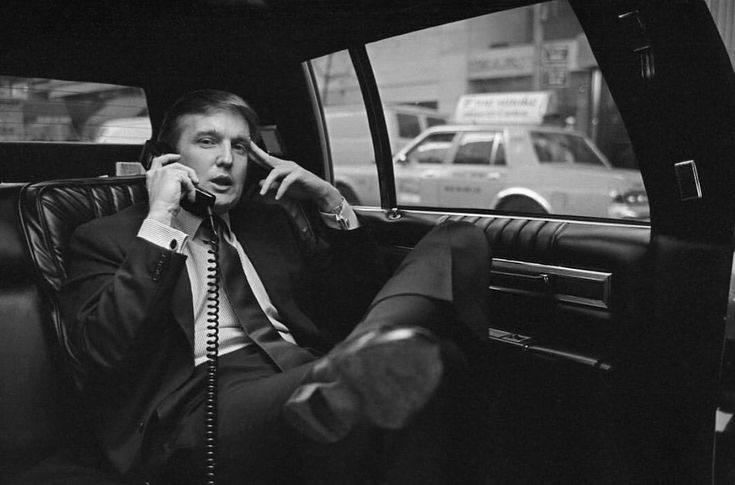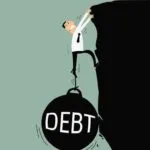When you hear the name Donald Trump, it instantly evokes powerful images: luxurious skyscrapers, flashy reality television, and high-stakes politics. But beneath the noise lies a compelling narrative of ambition, adaptation—and enduring influence. In this article, we’ll explore Trump’s journey from inheriting a real estate legacy to forging his own empire. Along the way, we’ll draw lessons applicable to anyone with big dreams and bigger ambitions.
Early Life: The Foundations of Ambition
Born on June 14, 1946, in Jamaica Estates, Queens, New York, Donald John Trump was the fourth of five children raised by Fred Trump, a successful real estate developer who built housing in Brooklyn and Queens . Family wealth and a strong work ethic were embedded in his upbringing. He attended the prestigious Wharton School of the University of Pennsylvania, graduating in 1968 with a degree in economics .
Taking the Reins: Building The Trump Organization
After college, Trump joined his father’s company in 1968 and took over it in 1971, renaming it The Trump Organization by 1973 . Strategically, he migrated operations to Manhattan, leveraging his father’s connections. His early projects included renovating landmark structures and licensing his name to global luxury developments .
Diversification & Media Ascent
Beyond traditional real estate, Trump expanded into beauty pageants (1996–2015), licensing, publishing, and luxury branding . His 1987 bestseller, The Art of the Deal, catapulted him into public consciousness and remained on the NYT bestseller list for almost a year . Hosting the reality TV show The Apprentice (2004–2015) earned him around $197 million and powered his image as a self-made mogul .
Resilience During Economic Downturns
The 1990s recession forced Trump into near bankruptcy. He survived by restructuring, selling assets such as the Plaza Hotel, leveraging casinos, and going public with some ventures . Despite setbacks—including failed ventures like Trump University, a steak business, and a vodka brand—he steadily recovered .
Wealth Over Time
Estimating Trump’s net worth has always been challenging due to fluctuating valuations and private ownership.
- Forbes (2025) estimates around $5.6 billion .
- Other sources range from $4.2 billion to potentially over $10 billion, factoring in volatile assets like real estate and crypto ventures .
Major components of his wealth include:
- Real estate empire (~$2.5B)
- Truth Social/TMTG stake (~$2B)
- Golf courses & clubs (~$1.2B)
- Auto-publishing and branding revenue (~$230M)
He also continued generating income beyond his presidential salary, including diversified investments and business earnings .
Political Leap: From Boardrooms to Ballots
In 2015, Trump announced his presidential candidacy and won the 2016 election, emphasizing his outsider status and building on his personal brand .
Trump served as the 45th president (2017–2021) and, in 2025, was elected the 47th president, making history with non-consecutive terms, like Grover Cleveland .
His political rise was fueled by:
- Media mastery, direct messaging, and branding
- Leveraging celebrity status from The Apprentice and book sales
- Bold communication style and populist messaging .
Controversies & Legal Battles
Trump’s journey hasn’t been without battles:
- Trump University faced legal action and settled for $25 million over fraud allegations .
- Multiple bankruptcies and failed businesses challenged his resilience .
- Legal and financial scrutiny has grown post-presidency .
(What We Can Learn from His Journey)
- Ambition & Self-Confidence Trump’s bold persona and self-belief were central to building a brand.
- Brand Power He leveraged media and personality to sell his narrative.
- Risk-Taking & Recovery Even after setbacks, he rebounded with resilience.
- Diversification Moving across industries—from real estate to TV—amplified his reach.
- Adaptation Embracing media and political platforms kept him relevant.
Donald Trump’s story is polarizing and provocative—but undeniably remarkable in its scope. His career spans traditional business, reality TV, branding, and politics. Even amid controversies, his ability to dominate conversations and reinvent himself is instructive for anyone charting a high-stakes path.
Whether you admire or oppose him, Trump’s success underscores the power of bold branding, adaptability, and visibility. If nothing else, his trajectory is a potent reminder that in our media-driven age, perception often becomes reality.





